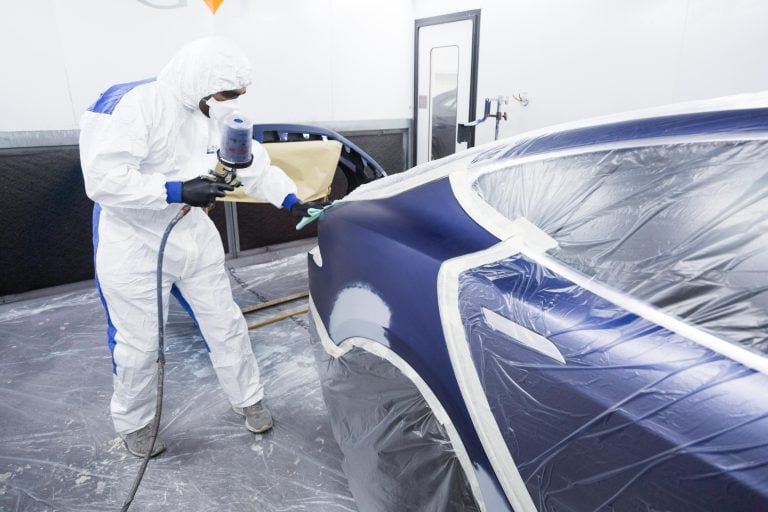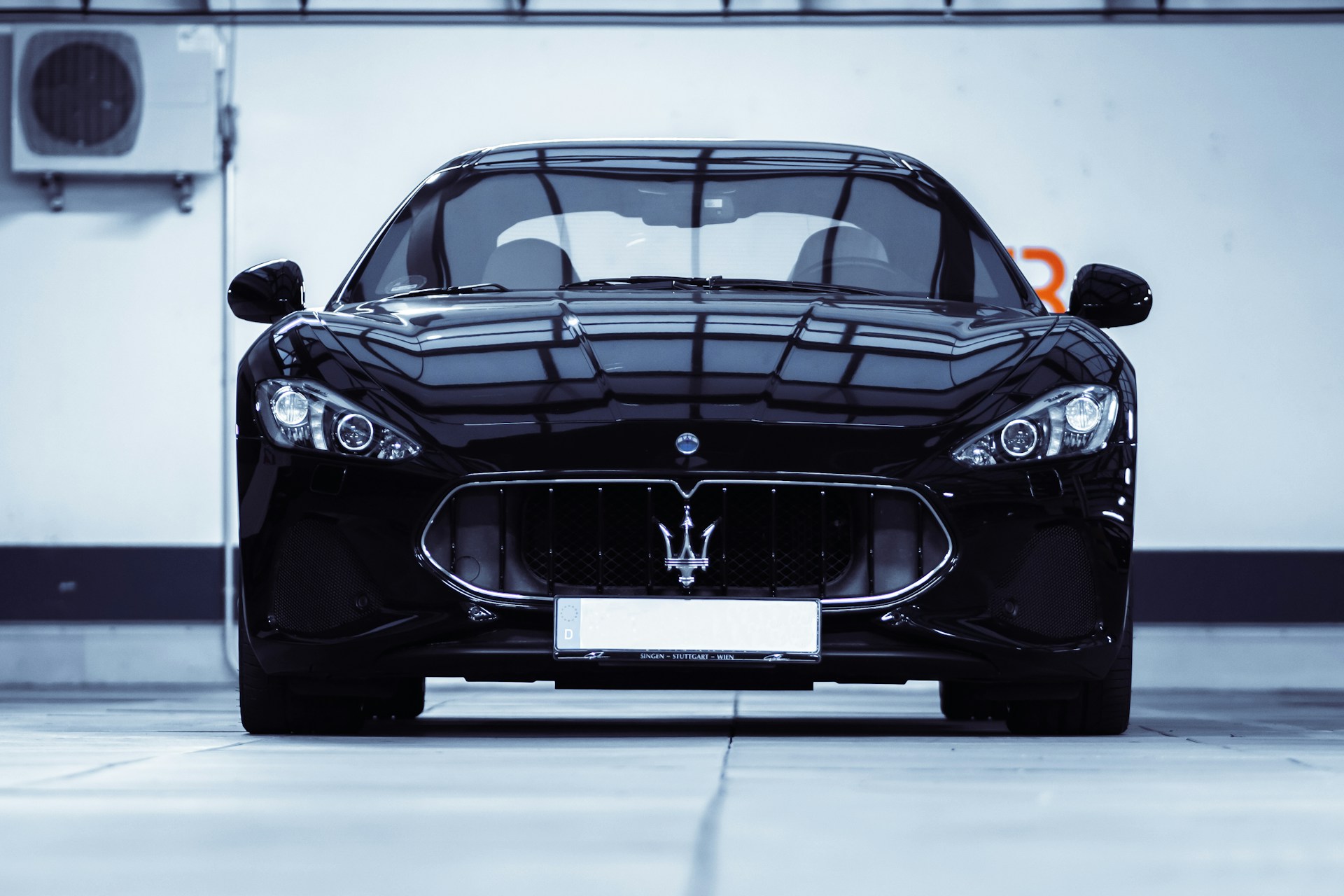- Servicing Case Studies
Reason Behind Hissing Noise on the Maserati Levante
Find the reasons behind the hissing noise in your Maserati Levante. Visit GVE London for expert insights and solutions to keep your luxury SUV running smoothly.
The Italian luxury car brand Maserati is renowned worldwide for its attractive interiors, sleek design, and high-performance engines. When you purchase a supercar of this magnitude, it’s essential to maintain it and keep it in a genuine, pristine condition. You should be well aware of every intricate detail of the car so that you can recognise when something is not working properly or malfunctioning.
You must inspect the vehicle visually for any leaks or damage, and stay alert for any unusual noises that may indicate faulty parts or components. Recently, a customer arrived in his Maserati Levante reporting a hissing noise coming from the engine. We’ll explore why this happens and why it is important to fix this issue in your Maserati Levante.
Understand the Problem – Hissing Noise in the Maserati Levante Engine
The customer was hearing hissing noises from the engine of his Maserati Levante and couldn’t understand the reason behind it. If not fixed or addressed promptly, this could turn into a major issue and can also damage the engine of your Maserati.
Spotting the Cause Behind the Hissing Noise
Whenever you are driving your Levante and hear this aforementioned hissing noise from the engine, you have to take quick action. It’s a common problem in these vehicles so you should know how to deal with it.
Step 1 – As the hissing noise is coming from the engine, you need to move to the front end of the car. Open up the hood of the car and then open up the engine cover for examination.
Step 2 – Examine inside the engine and you’ll see that the turbo pipe is split. Due to this split, the turbo pipe ends up blocking the DPF which leads to the hissing noise from the engine.
Why Does This Issue Need Fixing?
When the turbo pipes in the engine cover are split, it ends up blocking the DPF and causes a hissing noise. When this happens, your Maserati Levante will also say DPF blocked. To fix this issue and perform the DPF regeneration, the turbo pipes must be clean and without any splits.
If the car’s DPF regeneration takes place with split turbo pipes, the process will take place but you’ll have to bring the car within a week as the DPF will get blocked again. Till the time there is a split in the pipes, it will suck up extra oil from the turbo, and end up blocking the DPF. Therefore, you need to get the turbo pipes repaired or replaced as soon as the engine starts making a hissing noise.
Common Issues That Cause a Hissing Noise
Apart from split turbo pipes, there can be other issues causing the hissing noise, and you should get your vehicle inspected by reliable and experienced service centres like GVE London. These issues include –
- Exhaust System Leaks: If there’s a hissing sound coming from underneath the car, it could be due to a leak in the exhaust system. This is especially common if there’s a hole or cracks in the exhaust pipe or muffler.
- Vacuum Leaks: Modern vehicles use vacuum hoses for various systems like brakes, HVAC (heating, ventilation, and air conditioning), and emissions control. If there’s a leak in one of these hoses, it can cause a hissing sound.
- Turbocharger Issues: If your Levante is equipped with a turbocharged engine, a hissing noise could indicate a problem with the turbocharger or its associated components.
- Air Intake Issues: Hissing sounds could also originate from the air intake system. This might be due to a loose or damaged air filter, intake hose, or intake manifold gasket.
- Fluid Leaks: Sometimes, a hissing noise can accompany fluid leaks, such as from a damaged hose in the cooling system or power steering system.
- Brake System Issues: A hissing noise could also be related to the brake system, such as a leak in the brake booster or a vacuum hose.
Other Noises & Sounds You Should Stay Alert About
Usually, owners enjoy a quiet drive with a Maserati, and odd noises indicate some problem. We read about the engine hissing noise above, but you should stay alert for other odd sounds as well.
If you hear a humming noise upon acceleration that gets louder with increasing speed, it could be coming from the wheel bearings.
A loud, banging noise when turning a corner or going over a bump comes due to suspension issues. This is usually caused by a worn-out ball joint.
- A grinding noise when shifting gears indicates serious transmission issues and a worn-out clutch.
- A high-pitch, squealing noise is made by a worn-out or loose fan belt. Make sure to replace it soon in such cases.
- If you hear a hissing noise from the engine when turning off your car, it may be because of engine overheating, or leakage of the engine oil or coolant onto hot parts.
- A rattling noise from underneath your Maserati comes in case of a loose exhaust system or brake pads.
Conclusion
Driving a Maserati Levante is a great experience and being an owner you should be well-versed with every intricate and minute detail about your car. We read about the customer who heard a hissing noise coming from the engine of the car. It was because of a split turbo pipe that was blocking the DPF. Getting the pipes fixed is important for DPF regeneration and the car’s proper functioning.
You should stay alert regarding any such unusual or odd noise from your Maserati Levante so that you can fix the issue before it turns into major, costly damage. At GVE London, there are dedicated technicians for servicing, detailing, and customising your supercar. Whether your Maserati Levante needs repairs or any other work done, get in touch for all your needs.
Frequently Asked Questions
The cost you’ll have to pay for fixing this issue depends on what is causing it. If it is happening because of a split turbo pipe, then you’ll have to replace the turbo pipes which doesn’t cost very high. However, if the hissing noise is due to a major issue in the engine or braking, then it might cost you thousands of pounds to fix it.
The time taken to fix the hissing noise in your Maserati Levante depends on its cause. A faulty or split turbo pipe can be replaced in a few hours. However, if the problem is in the engine or any other components, it can take from 1 to 4 weeks to fix it.
You’ll have to contact a professional for help regarding this issue and won’t be able to fix it yourself. Depending on what the problem is, you can purchase the new parts or components required, but only trained technicians can make the necessary replacements or repairs.
Contact Us
"*" indicates required fields
OUR SERVICES
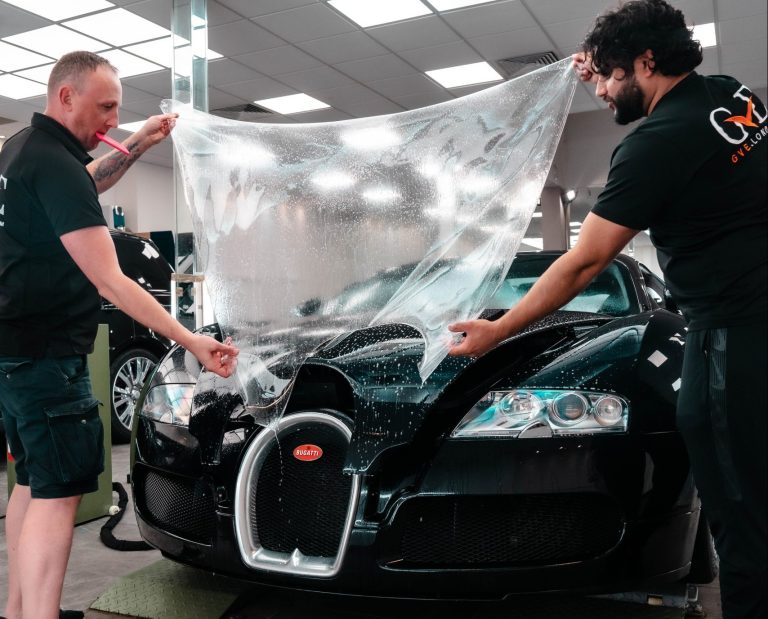
PAINT PROTECTION FILM
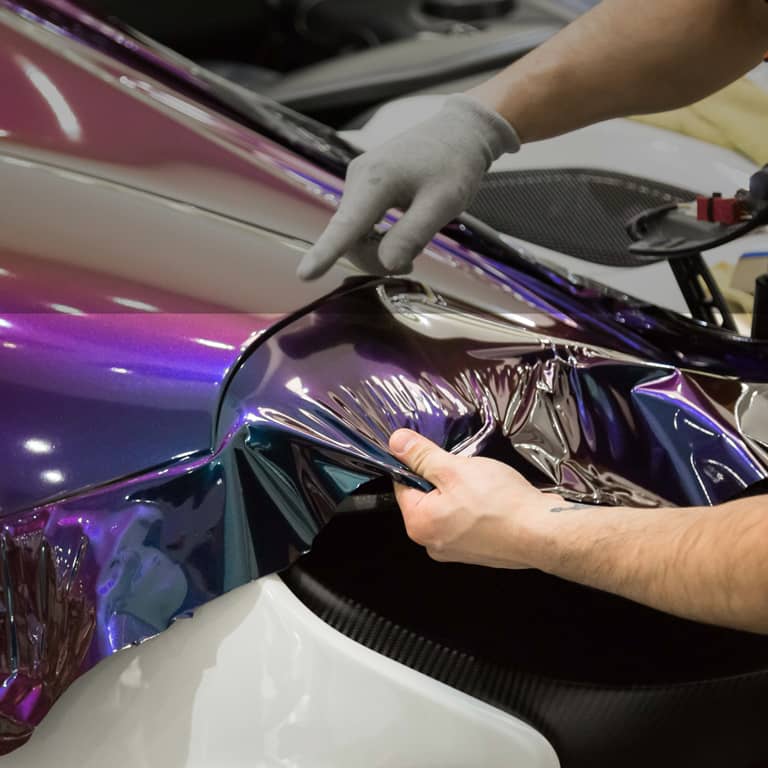
WRAPPING
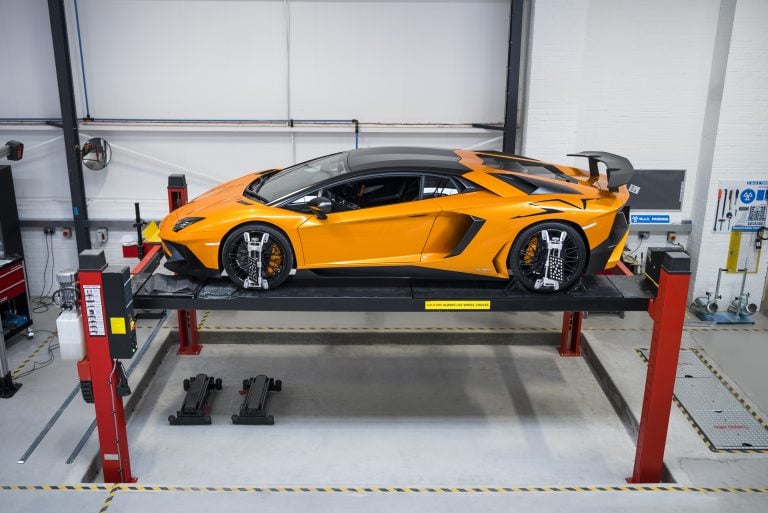
SERVICING
